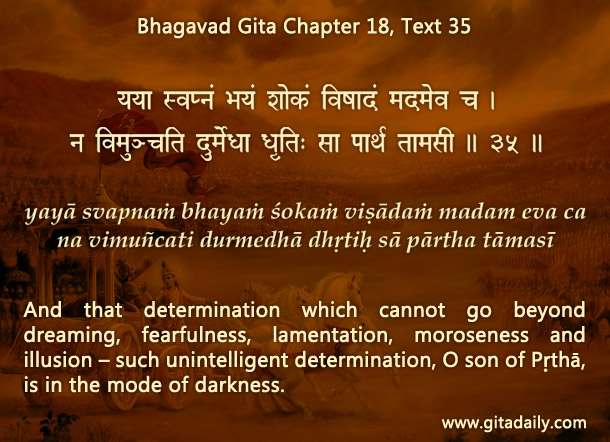Life is tough. People let us down. Things go downhill for no apparent reason. We ourselves make a mess of things, often against our better judgment. Such adversities can naturally make us resentful. To justify such resentment, we may come up with hundreds or even millions of reasons.
Despite many such reasons, the reality remains that resentment is at best utterly unhelpful and at worst horribly harmful. Here’s how.
Utterly unhelpful: Being resentful is at best like driving a car with brakes pressed. No motion results – the only results are noise, wasted fuel, and unnecessary frustration.
Horribly harmful: Resentment can make us not just impotently passive but also violently destructive. Resentful people may feel, “If I can’t get something good, what right does anyone have for anything good? They must have got the good things of life unfairly by cheating or exploiting others. They don’t deserve those things; I have a right to destroy them by any means, fair or foul.” Indeed, history shows that many revolutions against prosperous rulers start off ostensibly as virtuous campaigns against inequality and inequity, but soon degenerate into resentment-driven indiscriminate genocides.
Pertinently, the Bhagavad-gita (18.35) cautions that self-destructive thought patterns such as resentment are typical of the destructive mode of ignorance.
Yes, life does sometimes give us a terrible deal. But resentment prevents us from making the best out of it – and it increases the probability that we may make the worst out of it.
True, not being resentful isn’t easy. But nothing worthwhile is.
Gita wisdom helps us transcend resentment by explaining that the omnibenevolent supreme, Krishna, oversees everything and can bring good out of the bad. We just need to play our part by striving to maintain a service attitude and prayerfully doing our best.
Think it over:
- What do you feel most resentful about?
- Has resentment ever impelled you to do something shocking?
- How can we transcend resentment?
***
18.35 And that determination which cannot go beyond dreaming, fearfulness, lamentation, moroseness and illusion – such unintelligent determination, O son of Prutha, is in the mode of darkness.
To know more about this verse, please click on the image
Explanation of article:
Podcast:

resentment is the RAKSHAS that kills spirituality
resentment is the RAKSHAS that kills spirituality
Thank you very much for this insightful article, Prabhuji. It is helpful to know that we can transcend resentment by knowing that Krishna oversees everything and will bring good out of the bad!